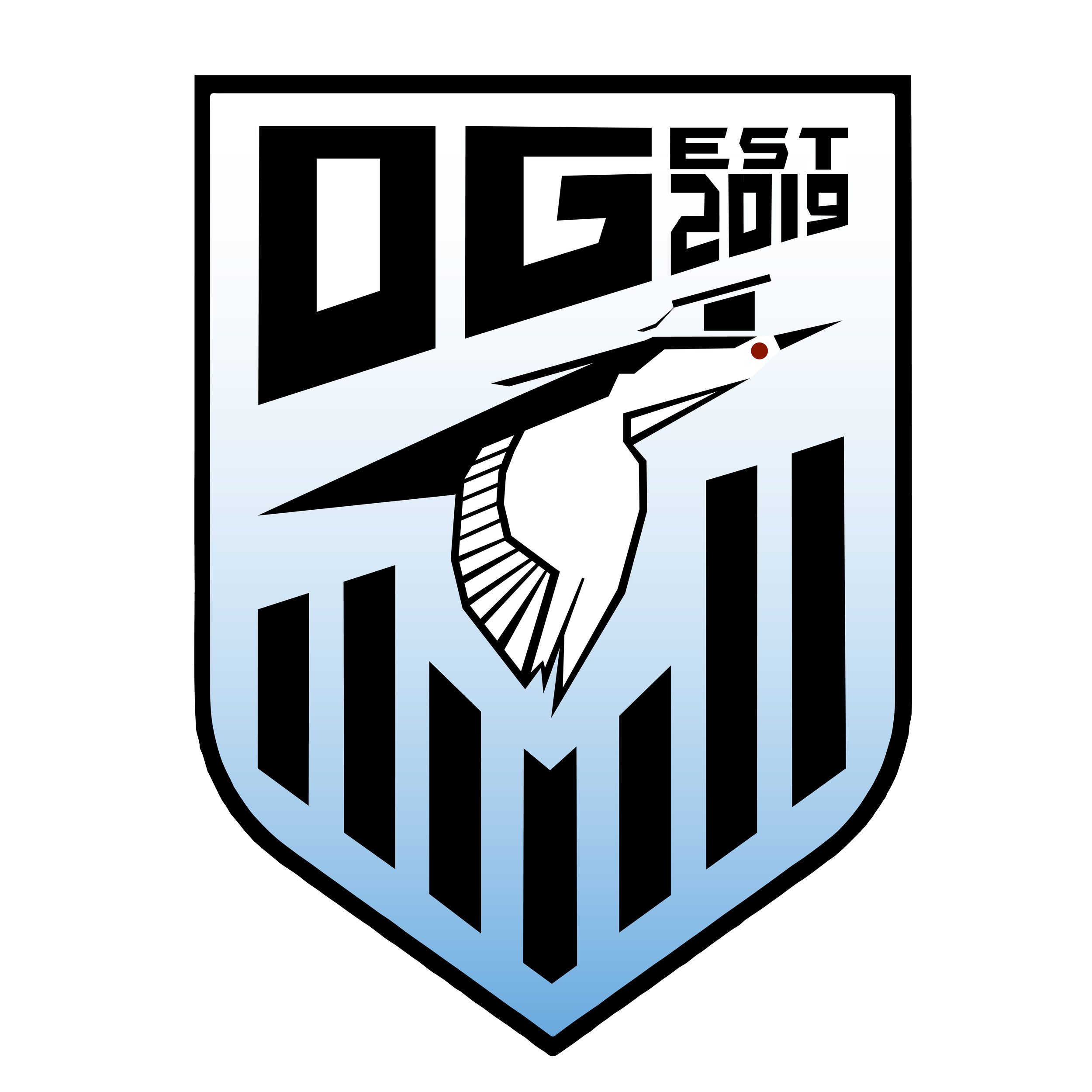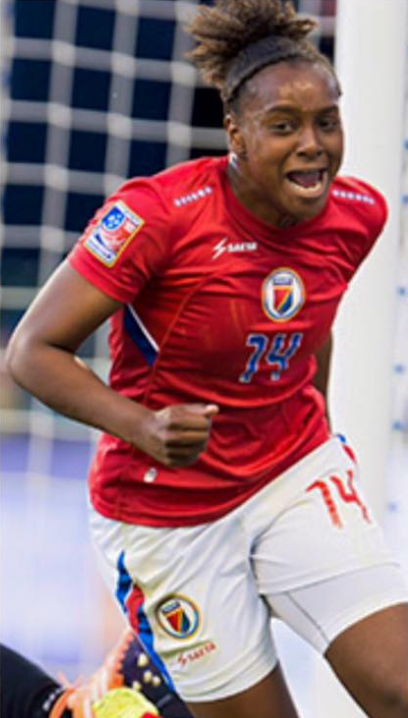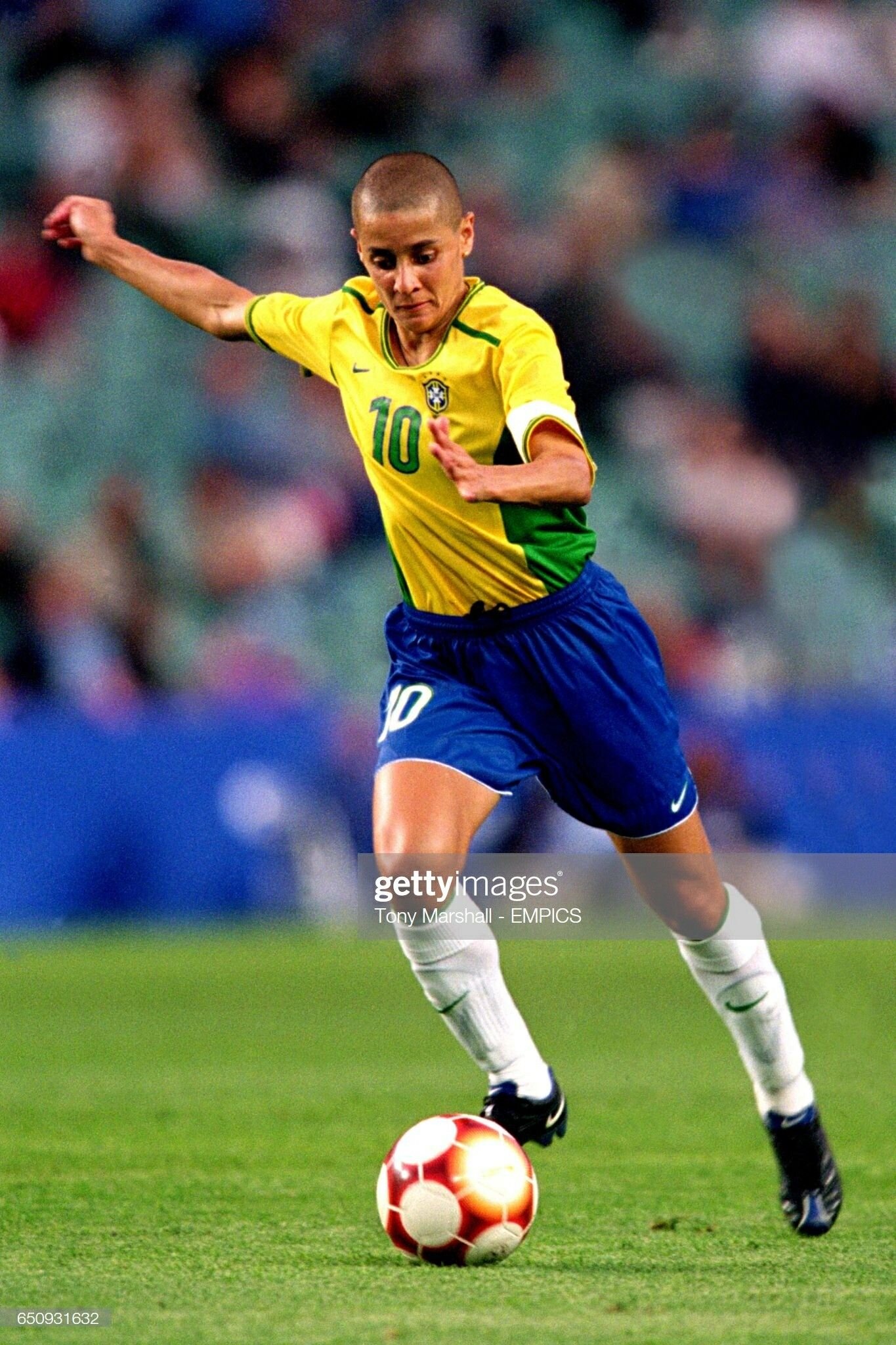Q&A with Samantha Brand
Hometown: Los Angeles, CA
Education: University of San Francisco, Bachelors in Sports Medicine
Former Teams: Youth club soccer in Turlock, CA, University of San Francisco, UMF Afturelding, IFK Gavle, Bay Area Breeze, Tierps IF, Ljusdals IF, Haitian Women’s National Team
Passions & Hobbies: Trumpet, French horn, Guitar, Lizzo
“Trumpet is my soul instrument because it’s loud, a ruckus!”
On 6/18/20, Oakland Genesis teamed up with America Scores Bay Area to host another Instagram Live Q&A session! This time Leah sat down with University of San Francisco graduate and Haitian Women’s National Team player, Samantha Brand.
Sam spoke to Leah about her journey in soccer, her experience as a pro athlete in Iceland, Sweden, and around the world for her national team, her thoughts on race, gender and privilege, and more! If you missed the session, you can catch the full unedited version below.
Enjoy!
Full Q&A
Sam’s Favorites
Sisleide do Amor Lima (Sissi)
“I played with her and I still get star struck”
- Samantha Brand
Advice for the Aspiring College Athlete
For Sam, soccer has been a passion since she was 3 years old playing in Whittier, California. Soccer, as she says, made her heart sing. Everyday, she felt that she had the ability to be as good as she wanted to be. It only depended on how hard she worked. Her advice for young players is this:
“Find what makes your heart sing and work as hard as you possibly can.”
Thoughts and Reflections
Sam began playing on a competitive club team when she was 8 years old. A coach of a U10 team had seen her play and wanted her on the team. When Sam was 9 years old, she remembers being called the ‘n’ word by the father of a player she was playing against. 9 years old. She remembers not knowing how to react. But she knew that it was wrong. She went over to her mom on the sidelines and her mom told her to go up to the man and tell him: “That is not my name. My name is Samantha.”
Sam shared this story with us because she wanted us to know something: “It doesn’t just happen to the people on TV, in the news. No. This happened to your friend, Sam Brand. And that’s not the only time, it’s just the first time.” Sam wanted us to know how the legacy of racism and sexism impact the amount of privilege one has. Especially as it relates to soccer.
Growing up, Sam played club soccer in Southern California and Turlock, CA. But she didn’t know growing up that her parents couldn’t afford the club fees. It wasn’t until she was 19 years old that her mom told her that she had been playing on a scholarship. Sam’s teams had been covering the costs of her participation because she was a talented player. She was also the only African American player on most of her teams. “I am not privileged in the US. I am one of the least privileged players on every team I have ever been on.”
But it wasn’t until she had a chance to tryout for, and earn, a spot on the Haitian Women’s National Team that she could gain some perspective on what privilege meant in her life. On the Haitian team, she had the privilege of speaking English, the language that most referees and coaches speak. She had gone to a Division 1 college and was used to staying in decent hotels without the fear of a devastating earthquake destroying her life. “I recognize when my privilege comes into play,” Sam says, “I have a huge privilege gap over my [Haitian] teammates.”
Once Sam recognized her privilege, she said that she “wanted to do something about it.” She runs a shoe drive every year so that she can close the privilege gap as much as she can. She collects and distributes shoes so that youth who cannot afford them can play on a more even playing field with those who can. She also has advice to players and coaches who are looking for ways that they can help. “Speak up,” she says. She isn’t expecting people to become activists overnight but she wants you to imagine what it would be like to be the only African American player on a team and then to be called the ‘n’ word by someone in the crowd. What would that feel like? Check in with your teammates, she implores. Send them a Facebook message or an email. You never know when one microaggression will be the one that makes a player never want to play soccer again, or never want to be a part of a team again.
Oakland Genesis Soccer Club was founded to fight against inequality in youth sports with an understanding that this inequality often falls along racial lines. Affluent, predominantly white communities in this country have far more wealth, and privilege, than black communities — the result of centuries of systemic oppression and injustice. The children of the affluent families are, thus, far more likely to play on the competitive club soccer teams that put them on a pathway to college. Sam was fortunate enough to be seen by a coach that recognized her talent when she was young. She was fortunate that the team had enough money to provide her a scholarship. She developed as a player in the club soccer system and was able to leverage her talents into a college scholarship and professional soccer career. But for every Sam, there are countless others who are less fortunate. They are talented soccer players, certainly, but they cannot afford the cost of participation. They simply do not play on a club team.
Sam asks: “If that were you, wouldn’t you want someone to stand up for you?”
In Community,
Oakland Genesis Soccer Club



